Drill Down AI Agents [Part 1]
AI isn't some futuristic buzzword anymore. It's a game-changing technology. But how to use it? We need an agent. The most popular agents at the beginning of 2025 were: Chat GPT, Siri, Google Assistant, Perplexity, IBM Watson and a couple of more. And the number of such quickly growing with new names like DeepSeek and Manus. These agents are for general purposes or for “research” as called now. They solve general problems. Our goal is to build more specific agents - agents which can solve user’s issues in the environment of a specific company. These custom AI agents are like having a superhero team of digital assistants that can do things traditional automation can only dream about. The Three Superpowers of AI Agents: Adaptability: Smart Enough to Roll with the Punches Remember those old automation tools that would break the moment something unexpected happened? Forget that! AI agents are like digital chameleons. They can adapt and get smarter. Moreover, they can save a context of a specific user’s conversation and use it later for different purposes: pushing to act, provide some personalized information, request some details for suggestions or even predict behaviour. It actually learns what customers like, remembers their preferences, and becomes more helpful with every interaction. Can it be reached with any other tool? Definitely, no. Scalability: Handling Massive Workloads Without Breaking a Sweat Like any modern software, AI agents can be scaled. The scaling depends on which kind of agent is built. Humans have limits. AI agents laugh in the face of massive workloads. Their limits are easily extendable. Example: Take fraud detection. An AI agent can scan through thousands of financial transactions in a second than a team of accountants could in a month. And it does this with laser-sharp accuracy, catching suspicious patterns that might slip past human eyes. This means our AI agents can assist us with provided data or use such from provided resources. Scalability allows these agents to understand how complex the request is and run it in the appropriate environment. Autonomous Decision-Making: No Supervision Required Here's the really cool part: AI agents don't need constant babysitting. They can make independent decisions based on real-time data and past experience. Example: Stock-trading AI. It can watch the market 24/7 and make trading decisions. AI can track how good it is during a certain time and decide when to make trades and when to do nothing. While human traders are sleeping, grabbing coffee, or getting distracted, these AI agents are working non-stop, analyzing data, spotting opportunities, and taking actions. AI agents aren't just a technology upgrade. They're a complete rethinking of how we approach automation, decision-making, and problem-solving. Businesses that embrace these technologies aren't just staying current - they're staying ahead. So, what the core component of AI Agents? An AI agent is a system that perceives its environment using sensors like input, API, envs, cache, and its LLM. The agent processes this information and acts. In order to build the intelligent agent, it should have the ability to: perceive ("understand") its environment consume, process, and save information act in this environment save and learn from experience analyse and improve performance Any AI agent requires some helpers. Without the helpers, the agent can't work clearly or provide adequate results. Let's call them components and here they are: LLMs APIs Tools Memory Cache Other Agents In other words, these are core components of an AI agent, where LLM → is a brain. It is processes inputs, understands context, and generates responses. Memory/Cache → store tokens, context, past interactions, user data, or learned information. Tools/APIs → external functionality that can be used. Other Agents → to processed or preprocessed data to consume by main agent. Next Week will be the next part
![Drill Down AI Agents [Part 1]](https://media2.dev.to/dynamic/image/width=800%2Cheight=%2Cfit=scale-down%2Cgravity=auto%2Cformat=auto/https%3A%2F%2Fdev-to-uploads.s3.amazonaws.com%2Fuploads%2Farticles%2Fqpkd4tvjzkuvslp7d9aa.png)
AI isn't some futuristic buzzword anymore. It's a game-changing technology. But how to use it? We need an agent. The most popular agents at the beginning of 2025 were: Chat GPT, Siri, Google Assistant, Perplexity, IBM Watson and a couple of more. And the number of such quickly growing with new names like DeepSeek and Manus.
These agents are for general purposes or for “research” as called now. They solve general problems. Our goal is to build more specific agents - agents which can solve user’s issues in the environment of a specific company.
These custom AI agents are like having a superhero team of digital assistants that can do things traditional automation can only dream about.
The Three Superpowers of AI Agents:
Adaptability: Smart Enough to Roll with the Punches
Remember those old automation tools that would break the moment something unexpected happened? Forget that! AI agents are like digital chameleons. They can adapt and get smarter. Moreover, they can save a context of a specific user’s conversation and use it later for different purposes: pushing to act, provide some personalized information, request some details for suggestions or even predict behaviour.
It actually learns what customers like, remembers their preferences, and becomes more helpful with every interaction. Can it be reached with any other tool? Definitely, no.
Scalability: Handling Massive Workloads Without Breaking a Sweat
Like any modern software, AI agents can be scaled. The scaling depends on which kind of agent is built.
Humans have limits. AI agents laugh in the face of massive workloads. Their limits are easily extendable.
Example: Take fraud detection. An AI agent can scan through thousands of financial transactions in a second than a team of accountants could in a month. And it does this with laser-sharp accuracy, catching suspicious patterns that might slip past human eyes.
This means our AI agents can assist us with provided data or use such from provided resources. Scalability allows these agents to understand how complex the request is and run it in the appropriate environment.
Autonomous Decision-Making: No Supervision Required
Here's the really cool part: AI agents don't need constant babysitting. They can make independent decisions based on real-time data and past experience.
Example: Stock-trading AI. It can watch the market 24/7 and make trading decisions. AI can track how good it is during a certain time and decide when to make trades and when to do nothing. While human traders are sleeping, grabbing coffee, or getting distracted, these AI agents are working non-stop, analyzing data, spotting opportunities, and taking actions.
AI agents aren't just a technology upgrade. They're a complete rethinking of how we approach automation, decision-making, and problem-solving. Businesses that embrace these technologies aren't just staying current - they're staying ahead.
So, what the core component of AI Agents?
An AI agent is a system that perceives its environment using sensors like input, API, envs, cache, and its LLM. The agent processes this information and acts.
In order to build the intelligent agent, it should have the ability to:
- perceive ("understand") its environment
- consume, process, and save information
- act in this environment
- save and learn from experience
- analyse and improve performance
Any AI agent requires some helpers. Without the helpers, the agent can't work clearly or provide adequate results. Let's call them components and here they are:
- LLMs
- APIs
- Tools
- Memory
- Cache
- Other Agents
In other words, these are core components of an AI agent, where
LLM → is a brain. It is processes inputs, understands context, and generates responses. Memory/Cache → store tokens, context, past interactions, user data, or learned information. Tools/APIs → external functionality that can be used. Other Agents → to processed or preprocessed data to consume by main agent.
Next Week will be the next part






















































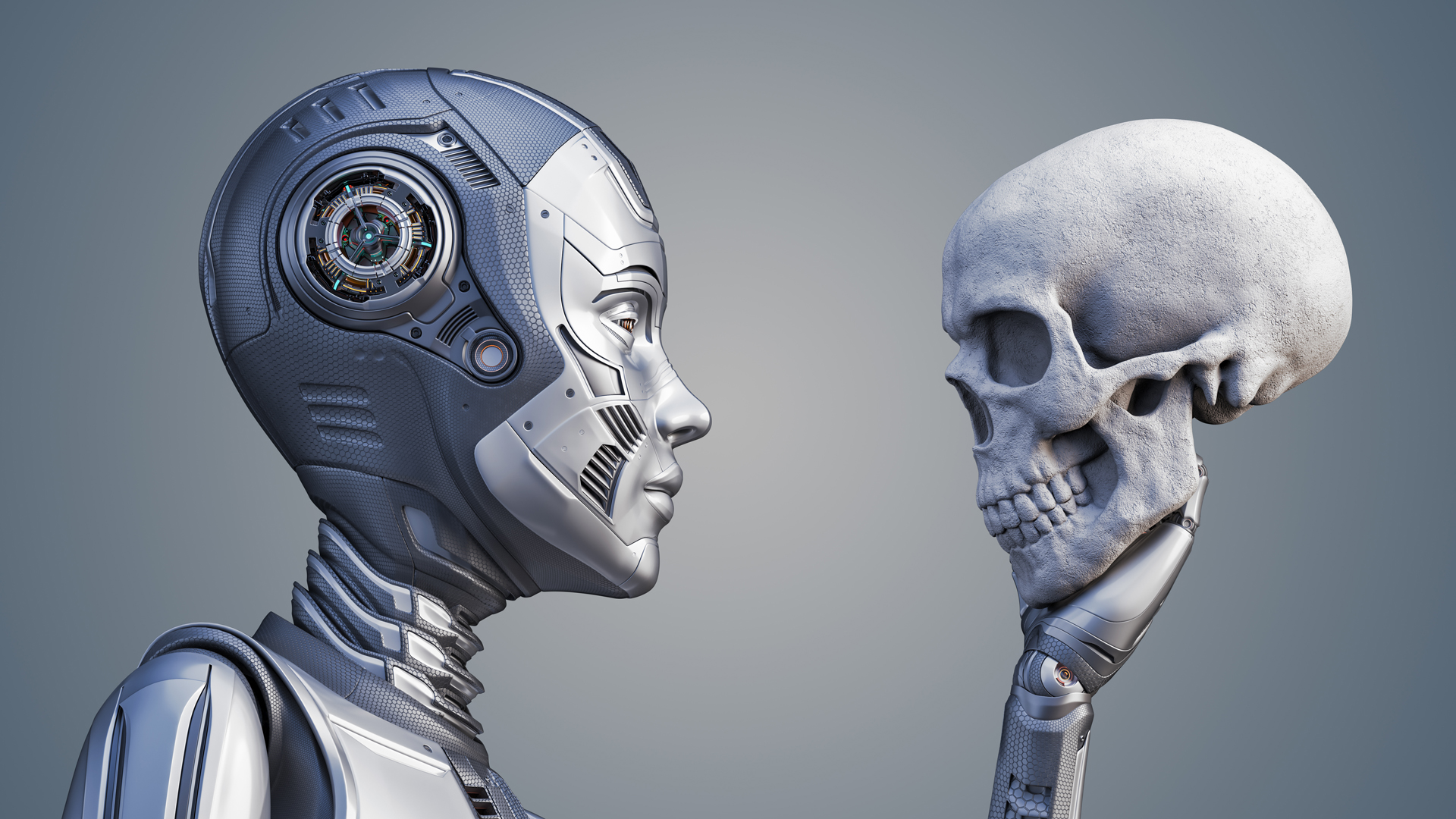


















![New iPad 11 (A16) On Sale for Just $277.78! [Lowest Price Ever]](https://www.iclarified.com/images/news/97273/97273/97273-640.jpg)

![Apple Foldable iPhone to Feature New Display Tech, 19% Thinner Panel [Rumor]](https://www.iclarified.com/images/news/97271/97271/97271-640.jpg)
![Apple Shares New Mother's Day Ad: 'A Gift for Mom' [Video]](https://www.iclarified.com/images/news/97267/97267/97267-640.jpg)

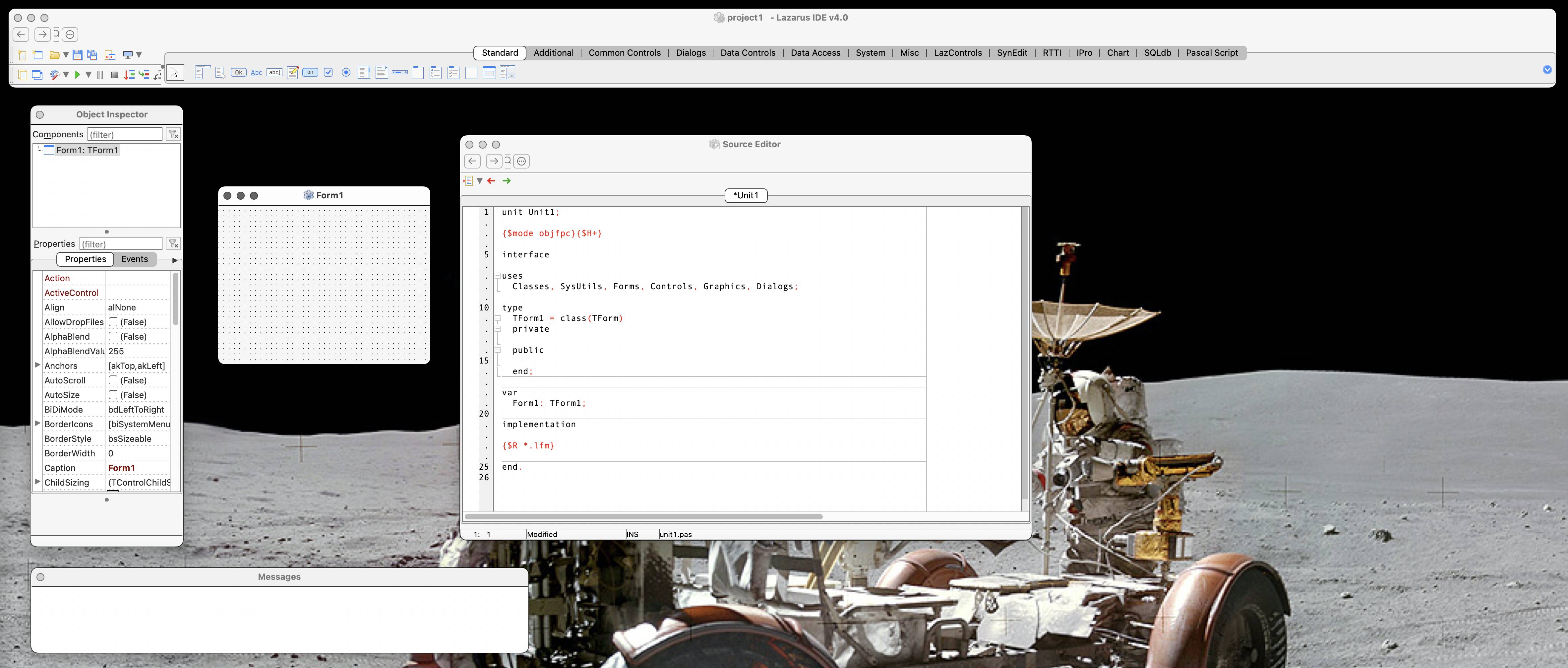

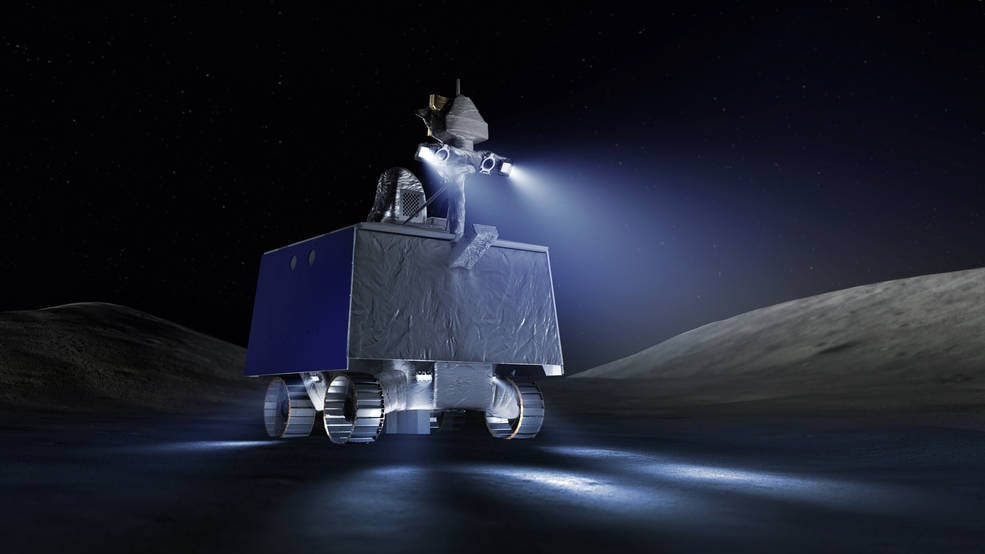
























-xl.jpg)



























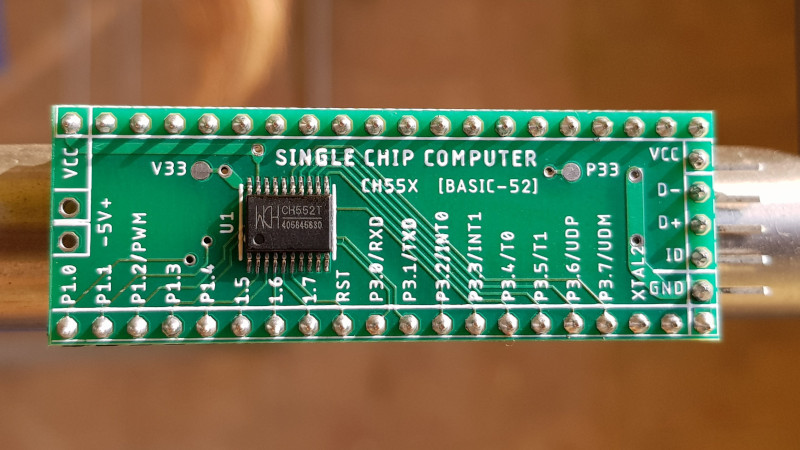

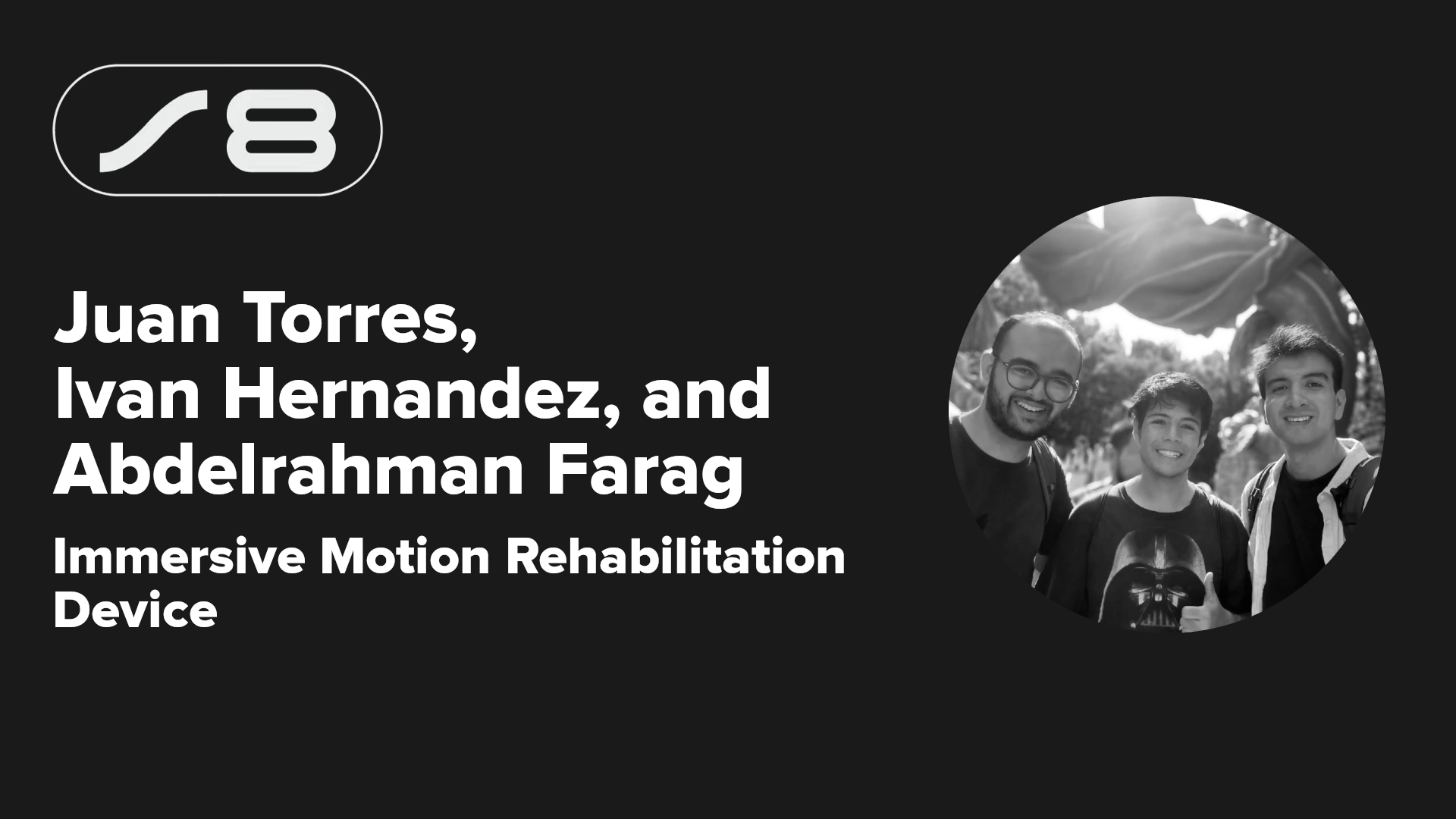





















































 Evolved as a Predominant Framework for Ransomware Attacks.webp?#)






























































































































![[The AI Show Episode 146]: Rise of “AI-First” Companies, AI Job Disruption, GPT-4o Update Gets Rolled Back, How Big Consulting Firms Use AI, and Meta AI App](https://www.marketingaiinstitute.com/hubfs/ep%20146%20cover.png)















































































































![Ditching a Microsoft Job to Enter Startup Hell with Lonewolf Engineer Sam Crombie [Podcast #171]](https://cdn.hashnode.com/res/hashnode/image/upload/v1746753508177/0cd57f66-fdb0-4972-b285-1443a7db39fc.png?#)














































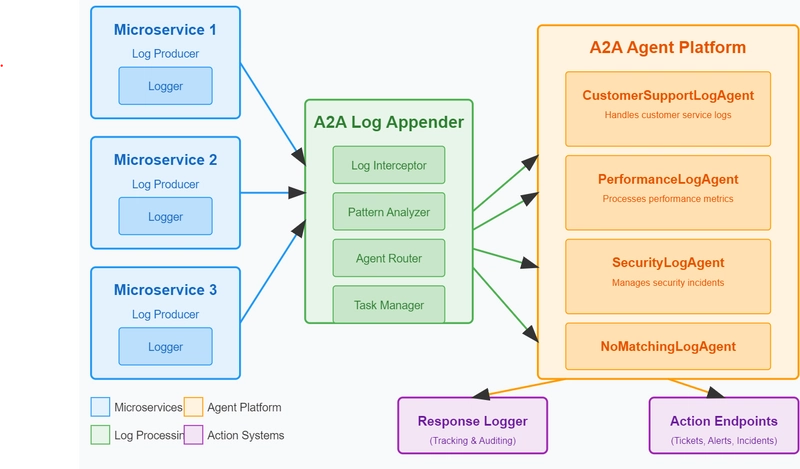





























-Nintendo-Switch-2-Hands-On-Preview-Mario-Kart-World-Impressions-&-More!-00-10-30.png?width=1920&height=1920&fit=bounds&quality=70&format=jpg&auto=webp#)





















































.jpg?width=1920&height=1920&fit=bounds&quality=70&format=jpg&auto=webp#)















